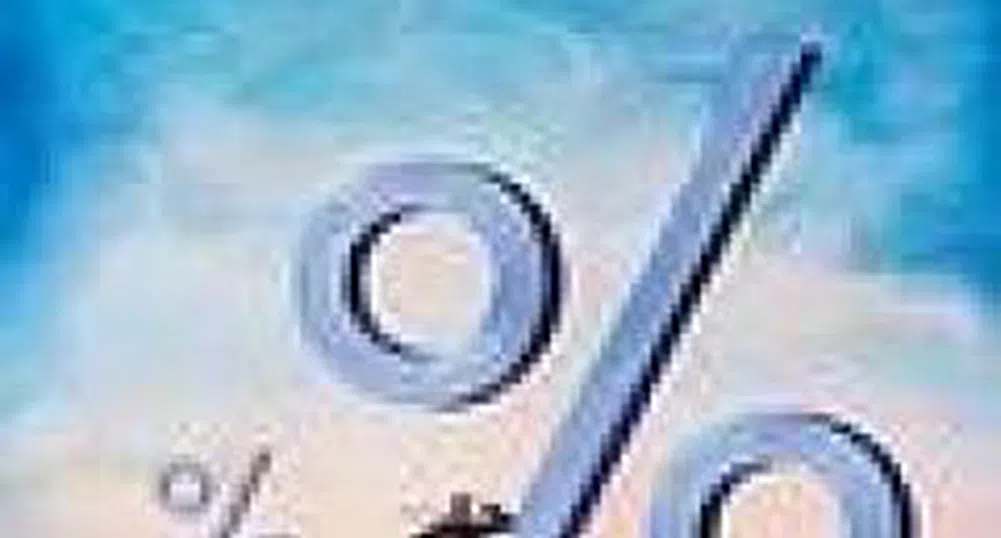Croatian January Inflation Rate Rises to 6.2% on Food

Croatian inflation accelerated at a record pace in January as food prices soared, Bloomberg reports.
The inflation rate rose to 6.2 percent from 5.8 percent in December, the state statistics office in Zagreb said today, the highest level since Croatia began using the consumer price index to measure inflation in 2004. The rate is less than the 6.4 percent median estimate by four economists in a Bloomberg survey. Prices increased 0.7 percent in the month.
Faster inflation and rising unemployment threaten to damp consumer spending, which has driven the country's economic expansion, which slowed to 5.1 percent in the third quarter from 6.6 percent in the second and 7 percent in the first three months. Croatia, the next country in line to join the European Union, must keep inflation low to prepare for eventual adoption of the euro. Average 2007 inflation was 2.9 percent, the office said.
Inflationary pressures are expected to increase this year after food prices rose due to drought and heat damage to crops in 2007. Costs of wheat and corn, as well as oil, have climbed on international markets. Food prices make up almost 28 percent of the consumer-price index.
Central bank Governor Zeljko Rohatinski said last month he expected the inflation rate to average 6 percent this year. The World Bank forecast an average inflation rate for Croatia of around 6 percent in 2008 in its Regional Economic Outlook.
The jobless rate climbed in the final quarter of last year as the number of seasonal jobs in the tourist industry declined. The statistics office will announce the January jobless rate on Feb. 21.
Food prices rose 12 percent in January from the same month in 2006, while alcohol and tobacco prices increased 6.5 percent in the same period.
Inflation in Croatia was slower than the 8.2 percent pace for January in Turkey, the only other country currently in talks to join the EU. Bulgaria had an inflation rate of 12.5 percent in January, and Romania had a 20-month high of 7.3 percent for the same month.
)
&format=webp)
&format=webp)
&format=webp)
&format=webp)
&format=webp)
&format=webp)
&format=webp)